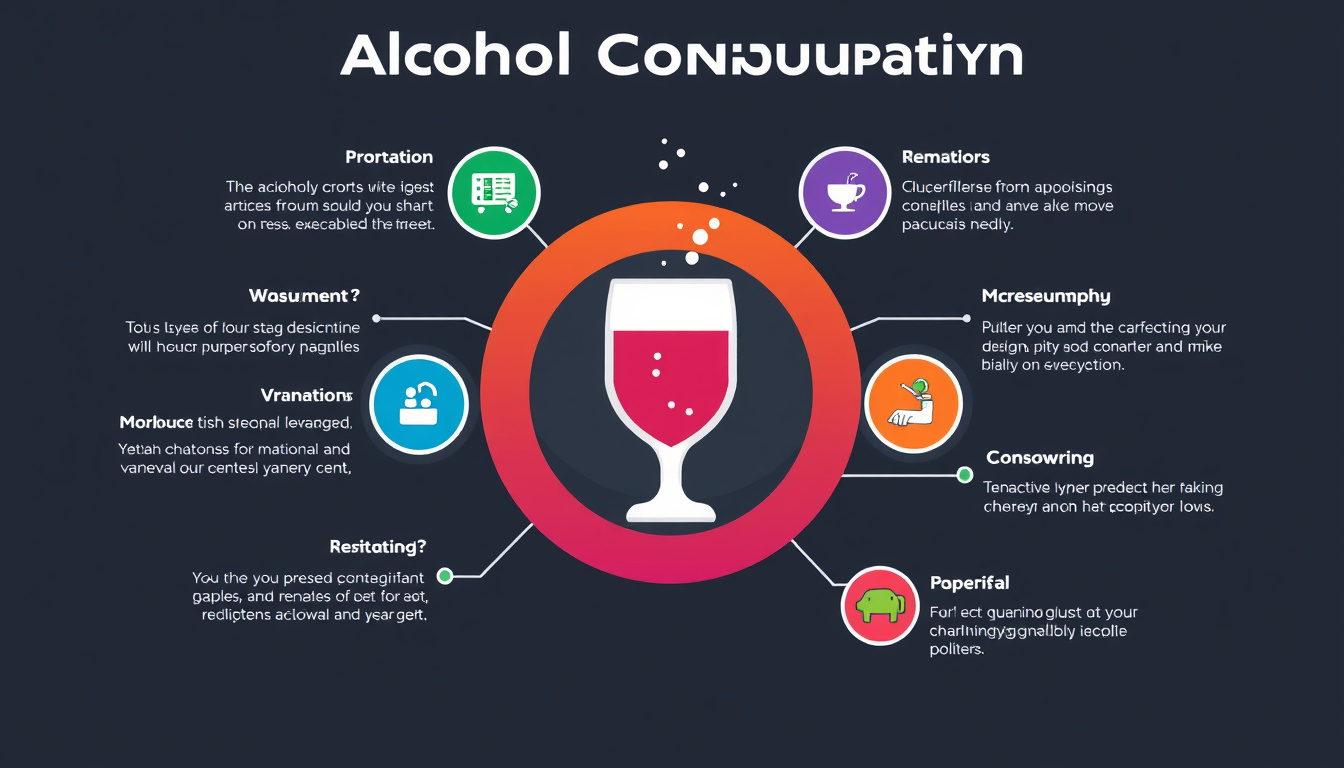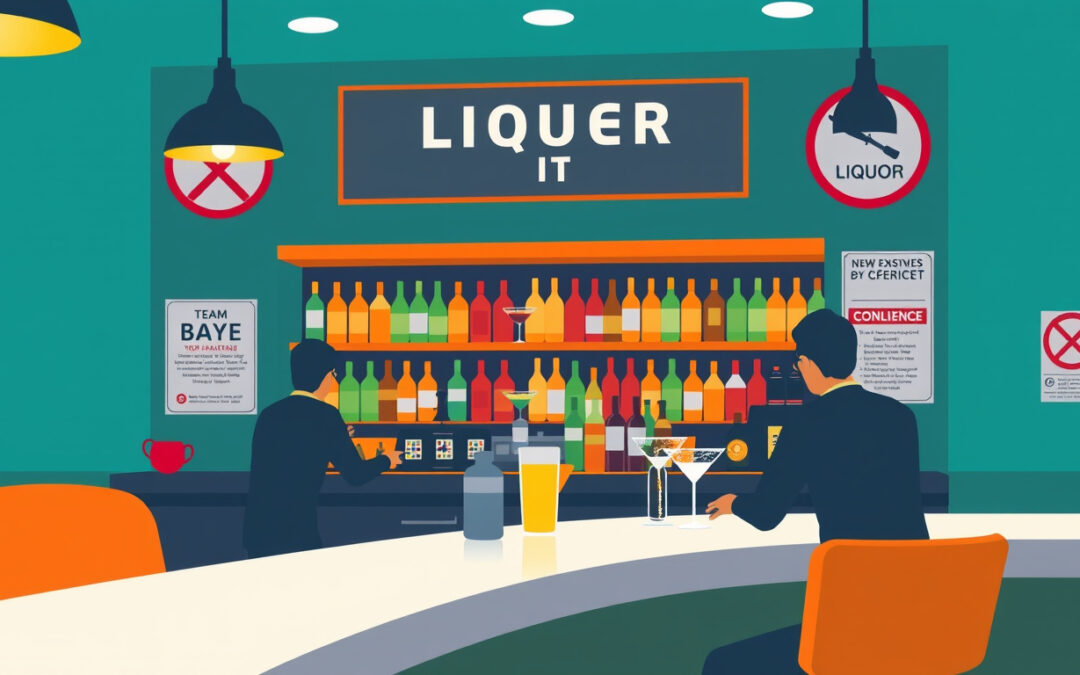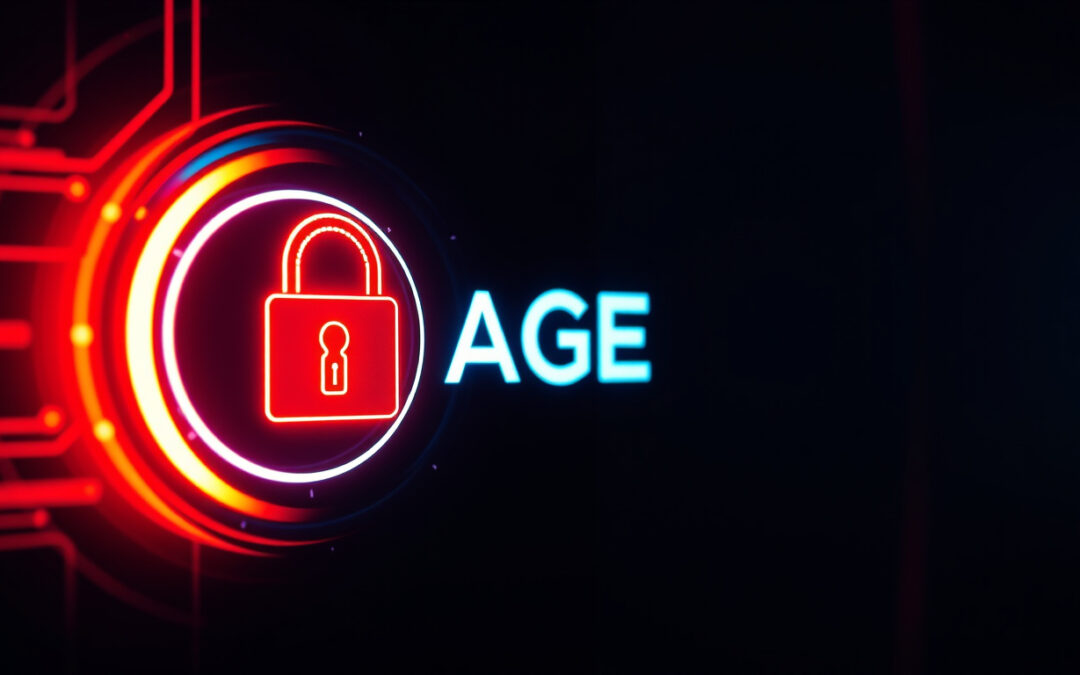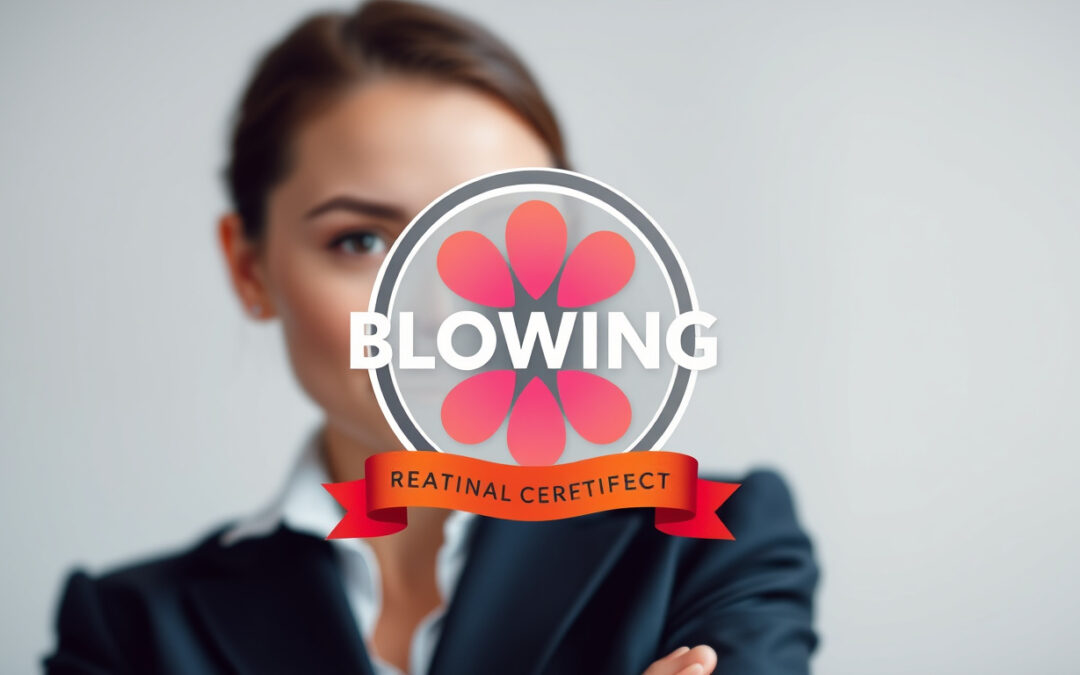
BLOG
In the hospitality and alcohol service industries, ensuring responsible service is paramount. However, one common challenge that establishments face is over-service—serving guests more alcohol than is responsible or permissible. Recognizing the signs of over-service, understanding its impacts, and implementing effective prevention strategies can protect both patrons and the establishment from serious consequences.
This article delels into what over-service entails, how to identify its signs, the potential impacts it can have, and practical ways to prevent it.
What Is Over-Service?
Over-service refers to the act of providing a guest with more alcohol than is socially, legally, or ethically appropriate. It often occurs in bars, restaurants, and events when servers or bartenders continue to serve a guest who is visibly intoxicated or exhibiting signs of excessive drinking.
While providing excellent customer service is essential, responsible alcohol service has clear limits. Over-service not only endangers the health and safety of the guest but also exposes businesses to legal liabilities, reputational damage, and financial penalties.

Signs of Over-Service
Identifying when over-service occurs is critical for responsible establishments. The signs of over-service include:
- Physical Signs of Intoxication: Slurred speech, unsteady gait, bloodshot eyes, or flushed cheeks.
- Behavioral Changes: Aggressiveness, overfamiliarity, loudness, or inappropriate conduct.
- Guest Requests: Asking for additional drinks repeatedly despite evident intoxication.
- Impaired Judgment: Guests having difficulty following conversations or showing poor decision-making related to alcohol use.
- Visual Clues from the Server: Noticing that the guest is no longer engaging with the environment responsibly.
Tip: Train staff to recognize these signs early to prevent over-service before it escalates.
Impacts of Over-Service
Over-service is not merely a matter of etiquette but has serious repercussions. The impacts can be categorized into legal, health, and business consequences.
1. Legal & Liability Issues
Serving an intoxicated guest can lead to the establishment being held legally accountable if the guest causes harm—such as accidents, injuries, or DUI incidents. Many jurisdictions have strict liability laws requiring responsible alcohol service; failure to comply can result in fines, license suspension, or even closure.
2. Health and Safety Risks
Over-service significantly increases the risk of alcohol poisoning, accidents, and injuries. It also contributes to long-term problems like alcohol dependence. The well-being of patrons should always be a top priority.
3. Reputational Damage and Business Losses
Incidents resulting from over-service can tarnish an establishment’s reputation. Negative publicity, damage to community trust, and loss of customer loyalty are common business consequences.
4. Increased Insurance and Legal Costs
Legal actions resulting from over-service-related incidents may lead to costly settlements or insurance claims, affecting the financial health of the business.
How to Prevent Over-Service
Prevention is always better than dealing with the fallout after an incident occurs. Here are effective strategies to prevent over-service within your establishment:
1. Implement Responsible Service Policies
Create clear, written policies for alcohol service that emphasize legal compliance and responsible drinking. Ensure all staff are trained and regularly refreshed on these policies.
2. Train Staff Effectively
Regular training should cover:
- Recognizing signs of intoxication
- Proper ways to refuse service tactfully
- Legal responsibilities and penalties for over-service
- Procedures for handling difficult situations
3. Use Recognition Techniques
Encourage staff to observe patrons for signs of intoxication and communicate concerns professionally.
4. Set Serving Limits
Limit the number of drinks served at one time, and avoid refilling cups or glasses excessively.
5. Offer Alternatives to Alcohol
Provide non-alcoholic options, promote food consumption to slow alcohol absorption, and encourage responsible drinking habits.
6. Use Technology
Employ point-of-sale systems with built-in alerts for serving limits or for flagging guests who have consumed multiple drinks.
7. Foster a Responsible Drinking Environment
Create an atmosphere that discourages excessive drinking—such as social activities that do not revolve solely around alcohol.
8. Zero Tolerance Policy
Enforce strict policies against over-service, with clear consequences for violations, including potential disciplinary actions.
Practical Steps Chart for Preventing Over-Service
| Step |
Action |
Purpose |
| 1 |
Conduct staff training |
Educates on signs of intoxication and legal responsibilities |
| 2 |
Establish serving limits |
Controls alcohol intake per guest |
| 3 |
Monitor guest behavior |
Provides early detection of over-service signs |
| 4 |
Refuse service tactfully |
Prevents worsening over-intoxication |
| 5 |
Promote food & non-alcoholic drinks |
Slows alcohol absorption and offers alternatives |
Legal Considerations and Responsibilities
Responsibility ultimately rests with the establishment and its staff to ensure responsible alcohol service. Many jurisdictions require servers to complete responsible beverage service training programs. For example, in the United States, the TIPS (Training for Intervention Procedures) program is widely recognized for training staff to prevent over-service and underage drinking (source).
Moreover, establishments must adhere to local laws, which can vary significantly. Failure to do so can result in legal penalties, including fines, license revocations, and criminal charges.
FAQ Section
Q1: What are the common signs of over-service in a hospitality setting?
A: Common signs include slurred speech, difficulty walking, loud and aggressive behavior, and requests for multiple rounds despite clear intoxication signs.
Q2: How can a bar or restaurant prevent over-service?
A: Implement responsible service policies, provide staff training, recognize intoxication signs early, set serving limits, and promote a culture of responsible drinking.
Q3: What are the legal consequences of over-service for an establishment?
A: Legal consequences may include fines, license suspension, lawsuits, and increased liability if a guest causes harm after over-service.
Conclusion
Understanding over-service and its potential consequences is crucial for any alcohol-serving establishment committed to safety and legality. Recognizing the signs, actively preventing over-service, and fostering a responsible drinking environment can save lives, protect your business, and uphold your establishment’s reputation. Remember, responsible alcohol service is not just a legal obligation; it reflects a commitment to social responsibility and customer well-being.
By integrating comprehensive training, clear policies, and proactive monitoring, establishments can effectively prevent over-service and promote a safer, more enjoyable experience for all patrons.

BLOG
In today’s social landscape, alcohol consumption remains a common part of celebrations, gatherings, and social events. However, ensuring safe drinking practices is essential to prevent accidents, health issues, and societal problems related to alcohol misuse. This is where responsible alcohol training becomes vital. It equips individuals with the knowledge and skills necessary to consume alcohol responsibly, recognize signs of intoxication, and handle situations safely. Whether you’re a server at a restaurant, a parent, a party host, or simply someone looking to drink more responsibly, understanding responsible alcohol training can make a significant difference.
This comprehensive guide aims to elucidate the importance of responsible alcohol training and provide practical tips and resources for adopting safe drinking practices.
What Is Responsible Alcohol Training?
Responsible alcohol training involves educational programs designed to promote safe alcohol consumption and reduce the risk of harm. Such programs often cover topics like understanding alcohol’s effects on the body, legal responsibilities, recognizing signs of intoxication, handling difficult situations, and promoting moderation.
The goal of responsible alcohol training is multifaceted:
- To prevent alcohol-related accidents and injuries
- To limit underage and excessive drinking
- To promote responsible serving practices among bartenders and waitstaff
- To help individuals make informed decisions about alcohol consumption
Why Is Responsible Alcohol Training Important?
The importance of responsible alcohol training cannot be overstated. It plays a crucial role in:
- Reducing drunk driving incidents and alcohol-related accidents
- Protecting minors from underage drinking
- Promoting a safer environment at social events
- Supporting public health initiatives aimed at reducing alcohol misuse
- Ensuring legal compliance for businesses involved in alcohol service
Research indicates that programs focused on responsible alcohol service significantly decrease instances of intoxication and related incidents (source). As a result, responsible alcohol training helps create safer communities and more enjoyable social interactions.
Core Components of Responsible Alcohol Training
An effective responsible alcohol training program typically includes the following core components:
1. Understanding Alcohol and Its Effects
Participants learn about how alcohol affects the body and mind, including:
- The stages of intoxication
- How alcohol impairs judgment, coordination, and reaction time
- Factors influencing alcohol effects, such as body weight, age, gender, and drinking speed
2. Legal Responsibilities and Regulations
Training emphasizes the legal responsibilities of alcohol service providers, such as:
- Verifying age and identification
- Refusing service to intoxicated individuals
- Understanding local and national alcohol laws
- The consequences of over-serving or serving minors
3. Recognizing Signs of Intoxication
A key skill is identifying when someone is becoming intoxicated, including:
- Slurred speech
- Impaired coordination
- Altered behavior
- Reduced inhibitions
4. Dealing with Difficult Situations
Participants learn techniques for managing challenging scenarios:
- Handling intoxicated or aggressive patrons
- Preventing over-intoxication
- Managing peer pressure and underage drinking
5. Promoting Responsible Drinking
Practical tips are provided on encouraging moderation and safe choices:
- Offering alternatives such as water or food
- Knowing when to cut off service
- Creating a supportive environment
6. Emergency Response
Training often includes first aid basics and how to respond in case of alcohol-related emergencies like overdose or injuries.

Benefits of Engaging in Responsible Alcohol Training
Participating in responsible alcohol training offers numerous advantages:
- Enhanced safety: Reduces accidents, injuries, and legal issues.
- Professional development: For servers and bartenders, it improves skills and confidence.
- Better customer service: Promotes a positive experience through safety and hospitality.
- Legal compliance: Ensures adherence to local laws, avoiding penalties.
- Community well-being: Contributes to healthier social environments.
How to Get Responsible Alcohol Training
Getting responsible alcohol training is straightforward. Numerous organizations offer certified programs, both online and in person. When choosing a program, consider:
- Accreditation and certification standards
- Content relevance to your needs
- Flexibility of scheduling
- Cost and certification validity period
Some recognized providers include the Responsible Beverage Service (RBS) Program, TIPS (Training for Intervention Procedures), and server training courses provided by local health departments.
Practical Tips for Safe Drinking Practices
Even without formal training, anyone can adopt responsible drinking habits. Here are some practical tips:
- Set Limits: Know your personal alcohol tolerance and set a maximum number of drinks.
- Eat Before and During Drinking: Food slows alcohol absorption.
- Stay Hydrated: Drink water between alcoholic drinks.
- Pace Yourself: Sip slowly to maintain control and appreciation.
- Avoid Mixing Substances: Combining alcohol with medications or drugs increases risks.
- Designate a Safe Driver: Always plan for a sober driver or alternative transportation.
- Watch Out for Others: Be attentive to friends and recognize when they need help.
- Know Your Environment: Drink in safe, familiar settings.
The Role of Responsible Alcohol Training in Various Settings
1. Hospitality Industry
Establishments that serve alcohol are mandated in many regions to train staff in responsible service to prevent over-serving and underage drinking.
2. Events and Parties
Organizers should promote responsible drinking by providing information, supervised environments, and alternative activities.
3. Parenting and Youth Education
Teaching young people about alcohol risks and responsible consumption can establish healthy habits early on.
4. Business and Community Programs
Employers and community leaders can sponsor responsible alcohol training to foster a safer workplace and neighborhood.
Frequently Asked Questions (FAQs)
Q1: What is responsible alcohol training, and who should undertake it?
A1: Responsible alcohol training is an educational program designed to promote safe drinking practices and responsible service. It is essential for bartenders, servers, event organizers, parents, and anyone involved in alcohol consumption or service.
Q2: How does responsible alcohol training help prevent alcohol-related incidents?
A2: It teaches how to recognize intoxication, manage difficult situations, adhere to legal responsibilities, and encourage moderation, thereby reducing accidents, injuries, and legal issues related to alcohol misuse.
Q3: Can responsible alcohol training be done online?
A3: Yes, many reputable organizations offer online responsible alcohol training courses, allowing for flexible learning while still covering essential topics (source).
Conclusion
Responsible alcohol training serves as an essential tool in fostering healthier, safer social environments. By understanding the effects of alcohol, legal responsibilities, and best practices, individuals and organizations can ensure they are promoting responsible drinking. Whether you’re a server, a host, or a confident drinker, investing in responsible alcohol training can significantly reduce risks and contribute to community safety.
Remember, responsible drinking is not just about personal choices—it’s about creating a culture where safety and moderation are prioritized. So, equip yourself with the knowledge and skills today, and drink responsibly for a better tomorrow.

BLOG
In the world of alcohol sales and service, liquor regulation plays a crucial role. Whether you’re a business owner, a manager, or someone interested in the legal landscape of the alcohol industry, understanding liquor regulation is essential. This comprehensive guide explores the key rules encompassing liquor regulation and how it profoundly impacts businesses operating within this sector.
What Is Liquor Regulation?
Liquor regulation refers to the set of laws, policies, and licensing requirements established by government authorities to control the manufacture, distribution, sale, and consumption of alcoholic beverages. These regulations are designed to promote public safety, reduce alcohol-related harm, and maintain order within the industry. Each jurisdiction might have different rules, but common themes include age restrictions, licensing procedures, hours of sale, and zoning laws.
Why Is Liquor Regulation Important?
Proper liquor regulation serves several critical purposes:
- Public Safety: Preventing underage drinking and alcohol abuse.
- Health and Welfare: Reducing alcohol-related accidents and health issues.
- Economic Stability: Ensuring fair competition among industry players.
- Community Well-being: Managing the location and operation of liquor outlets to minimize adverse effects on neighborhoods.
By understanding and complying with liquor regulation, businesses can avoid penalties, legal sanctions, and damage to their reputation.
Key Rules of Liquor Regulation
The landscape of liquor regulation is diverse, but several core rules appear across most jurisdictions:
1. Licensing and Permitting
Arguably the most fundamental aspect, licensing requirements mandate that any business selling alcohol must obtain the proper permits. This includes:
- On-premise licenses: For bars, restaurants, and clubs.
- Off-premise licenses: For stores selling packaged liquor.
- Special licenses: For events, festivals, or wholesale distribution.
Failure to secure the correct license can lead to hefty fines or shutdowns.
2. Age Restrictions
Most jurisdictions impose strict age limits for purchasing and consuming alcohol, typically set at 18 or 21 years old. Businesses are responsible for verifying customer age through IDs and other legal methods to ensure compliance.
3. Hours of Sale
Liquor regulation often restricts the hours during which alcohol can be sold. For example:
- Sales might be prohibited late at night or early morning.
- Certain days, such as Sundays or religious holidays, may have stricter rules.
These hours vary widely depending on local laws.
4. Sale and Serving Limits
Regulations may specify:
- Maximum quantities that can be sold to a single customer.
- Restrictions on happy hour and promotional discounts.
- Rules for responsible serving practices (e.g., cutting off intoxicated customers).
5. Zoning and Location Laws
Many areas restrict liquor outlets based on zoning laws to limit density in certain neighborhoods, particularly near schools or places of worship.
6. Record Keeping and Reporting
Businesses are required to maintain detailed records of sales, permits, and inventory for regulatory audits. These records help authorities track compliance and prevent illegal sales.
Impact of Liquor Regulation on Businesses
Liquor regulation influences the entire lifecycle of alcohol-related businesses. Here are some of the significant impacts:
Operational Restrictions
While these restrictions aim to promote safety, they can limit business hours, force layout changes, or restrict inventory choices, which may reduce revenue.
Licensing Costs and Administrative Burdens
Applying for and renewing licenses involves fees and paperwork, which could be a barrier for small or new businesses.
Compliance Risks and Penalties
Failure to comply with liquor regulation can lead to fines, license suspension, or even revocation. Notable cases have shown how violations can irreparably damage a business’s reputation.
Market Competition and Industry Entry
Stringent liquor regulation can restrict market entry for new businesses, consolidating industry players and affecting prices and choices for consumers.
Public Relations and Community Relations
Businesses must navigate community regulations and concerns, such as noise complaints or neighborhood safety, which are often part of broader liquor regulation policies.
How Businesses Can Navigate Liquor Regulations
Successful compliance requires awareness and proactive management. Here are steps to help businesses stay within legal bounds:
- Stay Updated: Laws often change. Regularly consult local government websites and legal advisors.
- Train Staff: Educate employees on legal requirements, responsible serving, and responsible marketing.
- Implement Policies: Establish internal policies for age verification, responsible sales, and reporting procedures.
- Maintain Documents: Keep detailed, organized records related to licenses, sales, and inventory.
- Engage with Regulators: Build positive relationships with licensing authorities and industry associations.
A Look at International Variations
Liquor regulation policies differ significantly depending on the country and even regions within countries. For instance:
- The United States has a patchwork of state-specific laws governing licensing and hours.
- In Australia, liquor licensing is managed federally but enforced by states and territories.
- Scandinavian countries often have stricter rules, including rationing and high taxes, to control consumption levels (source).
Understanding these differences is vital for international businesses or travelers.
Summary of Important Points
| Aspect |
Description |
| Licensing |
Required permits for sale and distribution |
| Age Restrictions |
Legal age enforcement for purchase and consumption |
| Hours of Sale |
Time limits on alcohol sales |
| Sale Limits |
Quantity restrictions and responsible serving practices |
| Zoning Laws |
Restrictions based on location to protect neighborhoods |
| Recordkeeping |
Documentation and reporting mandates |
FAQs on Liquor Regulation
Q1: What is the primary purpose of liquor regulation?
A1: The primary purpose of liquor regulation is to promote public safety, reduce alcohol-related harm, and ensure a fair industry through rules governing sale, distribution, and consumption.
Q2: How do liquor regulation laws vary across different regions?
A2: They vary widely; some regions have strict licenses, limited sale hours, and high taxes, while others might be more lenient. It’s essential for businesses to understand local laws specific to their location.
Q3: What are common penalties for non-compliance with liquor regulation?
A3: Penalties can include fines, suspension or revocation of licenses, legal action, or criminal charges, depending on the severity of the violation.
Final Thoughts
Understanding liquor regulation is not just about legal compliance—it’s about fostering responsible practices, safeguarding community welfare, and maintaining a sustainable business model. While navigating these rules can sometimes be complex, staying informed and proactive can significantly mitigate risks. As regulations evolve to adapt to societal changes, continuous education and engagement with authoritative sources, like government agencies or industry associations, remain vital.
For more detailed insights and updates, consult official resources like the Alcohol and Tobacco Tax and Trade Bureau (TTB) or your local licensing authority.
By grasping the key rules of liquor regulation and understanding its broad impact, businesses can thrive responsibly within the legal framework, contributing positively to their communities and the industry.

BLOG
In today’s digital landscape, age verification is a critical component for ensuring secure access to age-restricted content and products. Whether it’s online alcohol sales, gaming platforms, or adult content websites, verifying a user’s age helps comply with legal requirements and protect minors from inappropriate material. This comprehensive guide explores various age verification methods, their strengths and limitations, and how to implement them effectively for secure access.
Why is Age Verification Important?
Age verification plays a vital role in preventing minors from accessing sensitive content, reducing legal risks for operators, and promoting responsible digital consumption. With strict regulations such as the Digital Agreement Act in various regions, online businesses must employ reliable methods of age verification to avoid penalties and safeguard users.
Furthermore, robust age checks foster trust with customers, help comply with legal standards, and maintain a secure online environment. As digital interactions increase, so does the importance of implementing effective, user-friendly age verification solutions.
Common Age Verification Methods
Choosing the right age verification method depends on factors like the level of security required, user experience considerations, cost, and legal obligations. Below are the most common methods employed across industries:
1. Document-Based Verification
How it works: Users provide scanned images or photos of official ID documents such as passports, driver’s licenses, or national ID cards.
Strengths:
- Highly reliable.
- Legally recognized in many jurisdictions.
- Suitable for high-value or sensitive transactions.
Limitations:
- Can be time-consuming.
- Privacy concerns over data storage.
- Requires manual or automated verification systems.
2. Database/Third-Party Verification
How it works: Users authenticate their age through third-party verification agencies that cross-reference governmental databases.
Strengths:
- Quick and seamless.
- Reduces the risk of fraudulent age claims.
- Enhances user experience with minimal friction.
Limitations:
- Dependence on third-party providers.
- Data privacy concerns.
- Not always available in all regions.
3. Credit and Debit Card Verification
How it works: Users enter their card details, which are then validated to establish age.
Strengths:
- Common and familiar payment method.
- Instant verification.
Limitations:
- Not foolproof—availability of credit cards isn’t exclusive to adults.
- Privacy concerns over sharing payment info solely for age verification.
4. Knowledge-Based Verification
How it works: Users answer personal questions that are difficult for minors to access, e.g., previous addresses, school names.
Strengths:
- No need to upload documents.
- Fast and user-friendly.
Limitations:
- Susceptible to social engineering.
- Might be less accurate.
5. Biometric Verification
How it works: Uses biometric data — such as facial recognition or fingerprint scans — to verify age.
Strengths:
- Highly secure.
- Contactless and quick.
Limitations:
- High implementation costs.
- Privacy concerns and data security issues.
- Limited adoption currently.
6. Self-Declaration with Age Gating
How it works: Users confirm their age by ticking a checkbox or entering their birthdate.
Strengths:
- Simple and cheap.
- Suitable for low-risk content.
Limitations:
- Easily falsified.
- Not compliant with strict regulations.
Implementing Effective Age Verification Strategies
To ensure secure access while providing a positive user experience, consider combining multiple methods. For example:
- Use self-declaration along with periodic random document checks.
- Employ third-party verification for high-risk transactions.
- Implement biometric verification where feasible.
Best practices include:
- Clearly explaining why age verification is required.
- Making the process as quick and unobtrusive as possible.
- Complying with local data privacy regulations such as GDPR or CCPA.
- Regularly updating verification methods to address evolving fraud tactics.
Technologies Supporting Age Verification
Advancements in technology have significantly improved the effectiveness of age verification systems:
- Artificial Intelligence (AI): Automates document verification and facial recognition checks.
- Blockchain: Ensures tamper-proof user identity records.
- Mobile Verification Apps: Enable on-the-go verification using smartphones.
Legal and Privacy Considerations
Implementing age verification isn’t just about security; it also involves legal compliance and respecting user privacy. Always verify that your chosen method:
- Complies with regional data protection laws.
- Minimizes data collection to essentials.
- Stores data securely and deletes it when no longer necessary.
Consulting legal experts ensures that your age verification process meets all relevant regulations and industry standards (source).
Summary: Choosing the Right Age Verification Method
Selecting the most appropriate method involves balancing security, user experience, costs, and legal compliance. Here’s a quick overview:
| Method |
Security Level |
User Experience |
Cost |
Suitable For |
| Document Verification |
High |
Moderate |
High |
High-value transactions, compliance |
| Database Checks |
Very High |
Very High |
Moderate |
Regular access, digital platforms |
| Credit Card Validation |
Moderate |
High |
Moderate |
Immediate access, online sales |
| Knowledge-Based |
Low to Moderate |
High |
Low |
Low-risk content |
| Biometric |
Very High |
Very High |
High |
Highly sensitive content |
| Self-Declaration |
Low |
Very High |
Very Low |
Low-risk content |
Frequently Asked Questions (FAQs)
Q1: What is the most reliable age verification method?
Document-based verification and biometric verification are considered the most reliable due to their strong security features.
Q2: Can I use age verification for online alcohol sales?
Yes, many liquor stores and online retailers use third-party database checks coupled with ID uploads to comply with legal age restrictions.
Q3: Are there privacy concerns with age verification?
Absolutely. It’s essential to use compliant systems that protect user data, such as encrypted storage and minimal data collection, respecting laws like GDPR and CCPA.
Conclusion
Implementing age verification methods for secure access is a fundamental aspect of running compliant and responsible digital platforms. By understanding the strengths and limitations of each verification technique, businesses can tailor solutions that balance security, user experience, and privacy. As technology evolves, so will the opportunities for more seamless and secure age verification processes—making it an ongoing priority for online operators in navigating legal landscapes and protecting users.
For more detailed insights and updates on age verification technologies, consult authoritative sources such as the International Telecommunication Union (source) and legal frameworks relevant to your region.
Protect your platform, ensure compliance, and foster trust through effective age verification methods today.

BLOG
In today’s competitive job market, obtaining the right professional certifications can significantly enhance your career prospects. One crucial aspect often overlooked is licensequalification, a key component that validates an individual’s competency and adherence to industry standards. Understanding the importance of licensequalification in professional certification helps professionals and organizations ensure they meet legal requirements, maintain credibility, and foster trust with clients and stakeholders.
In this comprehensive guide, we’ll explore what licensequalification entails, its significance in various industries, steps to acquire it, and best practices to maintain compliance.
What is LicenseQualification?
Licensequalification refers to the official authorization granted to individuals or organizations to perform specific tasks or operate certain types of equipment legally. It typically involves meeting predefined standards through education, training, and assessment processes. Licensequalification is a formal recognition that an individual or entity possesses the necessary skills, knowledge, and legal permissions to carry out specific professional functions.
This concept is common across various sectors, including healthcare, construction, transportation, finance, and more. For example, a licensed electrician must demonstrate proficiency in electrical systems and safety regulations before receiving licensequalification, authorizing them to work legally in the field.
Why Is LicenseQualification Important in Professional Certification?
The significance of licensequalification extends beyond mere legal compliance. Here’s why it matters:
-
Ensures Public Safety and Trust: Proper licensequalification guarantees that professionals meet safety standards, reducing risks to the public. For example, licensed medical practitioners and engineers are trusted to deliver services safely and effectively.
-
Legal Compliance and Avoidance of Penalties: Operating without proper licensequalification can result in fines, legal sanctions, or loss of license. Certifications that include licensequalification help professionals stay compliant.
-
Enhances Credibility and Marketability: Certified professionals with appropriate licensequalifications are viewed as credible and trustworthy, often leading to better job opportunities and client confidence.
-
Industry Standards and Continuous Improvement: Licensequalification ensures professionals stay updated with evolving industry regulations and best practices through renewal and continuing education requirements.
-
Competitive Advantage: Holding valid licensequalification can distinguish you from competitors who lack formal certifications, making you more attractive to employers and clients.
Industries Where LicenseQualification is Essential
While licensequalification is relevant across many fields, some industries demand it more prominently:
- Healthcare: Medical doctors, nurses, pharmacists, and therapists require licenses to practice legally.
- Construction and Engineering: Architects, civil engineers, electricians, and plumbers need appropriate licenses or permits.
- Transportation: Commercial drivers, pilots, and maritime operators must hold valid licenses or certifications.
- Finance and Banking: Professionals such as financial advisors, auditors, and insurance agents require licenses to operate.
- Legal Sector: Lawyers and paralegals need licensing and certifications to practice law.
- Information Technology: Certain cybersecurity, network administration, and cloud computing roles demand specific certifications with licensequalification components.
How to Obtain LicenseQualification
Getting licensequalification often involves a series of steps designed to verify your capabilities and compliance with regulatory standards. Here are the typical stages:
- Education and Training: Complete relevant education programs, certifications, or apprenticeships aligned with industry requirements.
- Application Submission: Apply to the licensing authority or relevant regulatory body with necessary documents and proof of qualifications.
- Examination: Pass written, practical, or oral exams designed to test your knowledge and skills.
- Background Checks: Undergo criminal background checks or integrity assessments if mandated.
- Continuous Education: Engage in ongoing learning to meet renewal requirements and updates in standards.
- License Issuance: Receive the licensequalification certification, allowing you to practice legally.
Best Practices to Maintain and Enhance LicenseQualification
Obtaining a licensequalification is only the first step. Maintaining and upgrading your certification ensures ongoing compliance and professionalism:
- Stay Updated with Industry Changes: Regularly review regulatory updates or industry standards.
- Participate in Continuing Education: Enroll in courses, workshops, or seminars relevant to your field.
- Renewlicensing Regularly: Adhere to renewal deadlines and fulfill renewal requirements such as fees or additional training.
- Adhere to Ethical Standards: Maintain integrity and professionalism in all work activities.
- Keep Accurate Records: Document your training, examinations, and renewal activities for verification purposes.
Common Challenges in Achieving LicenseQualification
While licensequalification is crucial, professionals often face obstacles such as:
- Complex application procedures.
- High costs associated with training and licensing exams.
- Limited access to authorized testing centers.
- Evolving standards requiring ongoing education.
- Compliance with multiple licensing authorities in different jurisdictions.
Overcoming these challenges involves proactive planning, seeking guidance from regulatory bodies, and leveraging online resources when available.
Conclusion
Licensequalification plays a fundamental role in ensuring that professionals adhere to legal standards, deliver quality services, and maintain public trust. Whether you’re a healthcare provider, engineer, or finance professional, understanding the importance of licensequalification is vital for building a reputable career and avoiding legal pitfalls. By investing in proper education, staying compliant, and committing to continual improvement, you set the foundation for long-term success in your industry.
For more detailed information on licensequalification requirements across various sectors, consult the official websites of relevant regulatory authorities or industry associations.
FAQs
Q1: What is licensequalification in professional certification?
A1: Licensequalification in professional certification refers to the official authorization that proves an individual has met specific standards and is legally permitted to perform certain professional tasks or operate equipment safely and competently.
Q2: How does licensequalification impact my career prospects?
A2: Holding the appropriate licensequalification enhances your credibility, legal standing, and competitiveness in the job market, leading to better job opportunities and increased trust from clients and employers.
Q3: What are the key steps to obtain licensequalification in a regulated industry?
A3: The main steps include completing relevant education and training, applying to the licensing body, passing examinations, undergoing background checks if required, and participating in continuous education for renewal.
Sources:
- Occupational licensing and regulation information from the U.S. Department of Labor, Occupational Outlook Handbook (source).
By prioritizing licensequalification and related certifications, professionals can safeguard their careers and contribute positively to industry standards and public safety.








